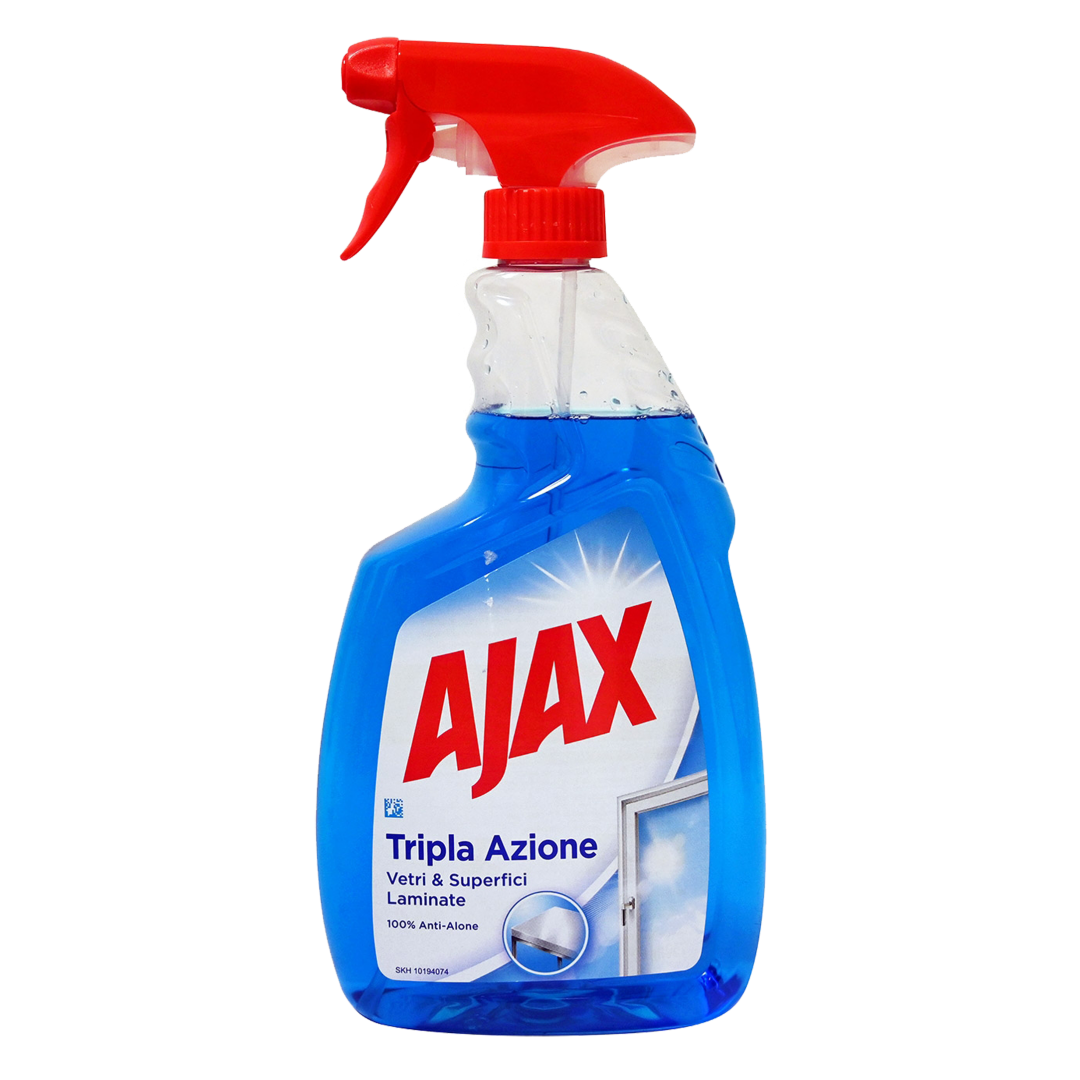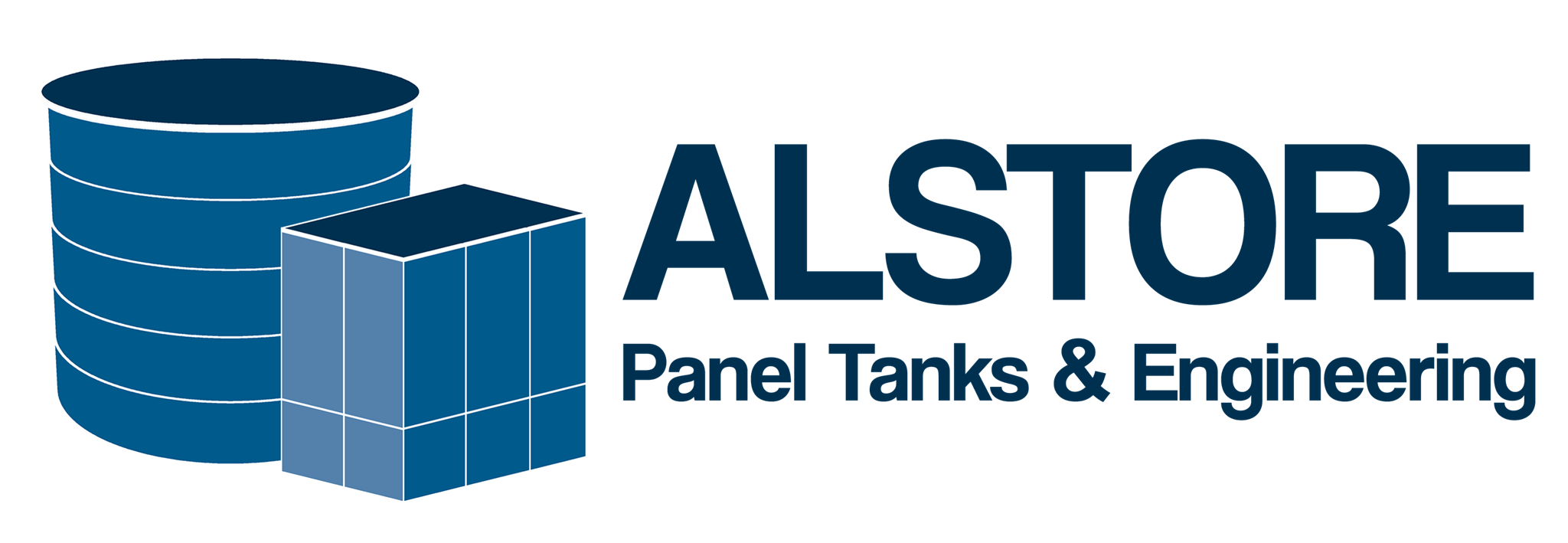The essential difference between Dollars-Away Refinance and Home Equity Mortgage
In the event you a cash-aside refinance, you always cannot get that loan for your worth of our home

Your home is an investment, plus the collateral in your home is one thing you could and will be use to reach your financial needs. Cash-aside refinances and you will domestic collateral money try one another methods score cash from your home doing things like redesign the domestic, purchase university fees otherwise consolidate loans.
A property equity mortgage is actually an additional loan that is separate away from your own mortgage, and it allows you to borrow secured on new security on your own household
Let us go through the differences when considering dollars-out refinances and you can home guarantee loans, in order to select loan alternative that is right for your requirements.
A profit-away re-finance try an alternate first mortgage which allows that remove a number of the security you’ve manufactured in your house given that cash.
You might be capable of a profit-away refinance if you have got your own real estate loan for a lengthy period one you’ve created equity at home. But the majority home owners find that they can create a cash-aside re-finance in the event that value of their residence climbs. In the event you your residence worth has actually grown because you ordered your residence, you happen to be able to perform a finances-aside refinance.
In the event you a funds-away refinance, you improve your existing mortgage with a brand new one to. The borrowed funds amount towards the fresh mortgage exceeds the fresh new count your already are obligated to pay. After financing fund try paid, your pocket the difference between your brand-new amount borrowed and your most recent home loan equilibrium without the equity you will be making of your house and people closure can cost you and you will fees.
Just to illustrate: Your home is worthy of $two hundred,000, and you owe $100,000 on your financial. When deciding to take cash-out, you always have to leave 20% security ($forty,000) yourself. If you decided to refinance your residence with a brand new mortgage quantity of $160,000, might reach wallet $sixty,000, without closing costs and you can charges.
Of course, your own monthly premiums perform increase so you’re able to take into account the loan number. You might imagine the new monthly installments with the refi calculator.
In order to qualify for a funds-out refinance, Government Construction Management (FHA) and conventional money require that you log off 20% security of your house. Virtual assistant loans try an exclusion, because they produce a funds-out financing getting 100% of the value of our home.
The money you earn off a money-away re-finance is taxation-free and can be taken by any means you love. Most property owners who do an earnings-away re-finance make use of the money for renovations, but the money is your to make use of however you see fit.
In lieu of a profit-aside re-finance, a home security loan doesn’t alter the financial you already have. Rather, it’s an extra home loan which have an alternative commission. For this reason, family equity money generally have large interest rates than just earliest mortgage loans. Skyrocket Financial now has our home Collateral Mortgage, you’ll find to possess no. 1 and you will second home.
Because the a property equity loan is a totally independent mortgage regarding your financial, nothing of the loan conditions for your brand new mortgage varies. Once the house guarantee mortgage closes, you get a lump-sum fee out of your financial, which you’ll be likely to repay always at the a predetermined speed.
Loan providers https://cashadvancecompass.com/installment-loans-wi/ usually rarely allows you to borrow 100% of your own guarantee to have a property security financing. The absolute most you might use varies according to the financial and you will credit history, however you you may obtain to ninety% of your property value your house. Just as in an earnings-away refi, the amount you could use will depend on circumstances such your credit rating, debt-to-money proportion (DTI) and you will financing-to-worthy of proportion (LTV).

